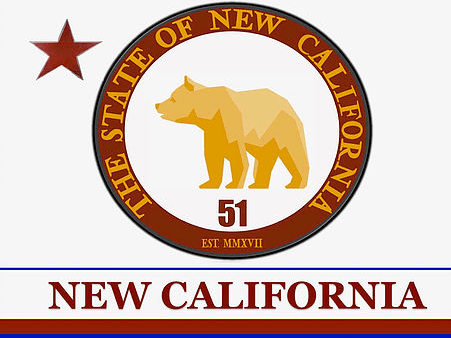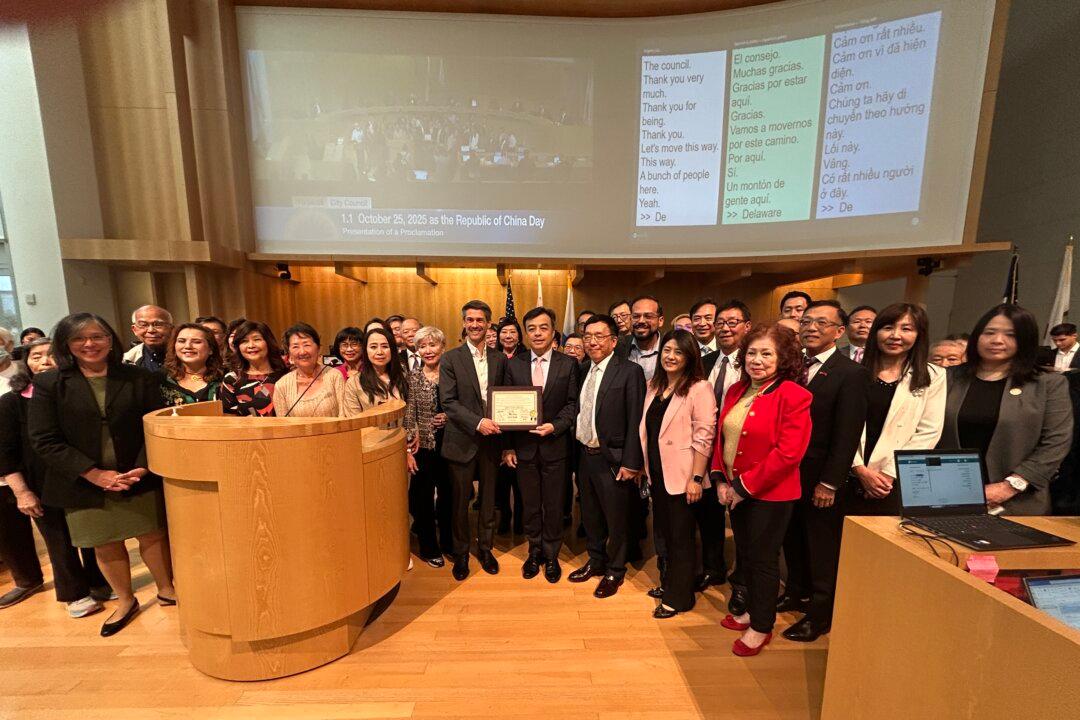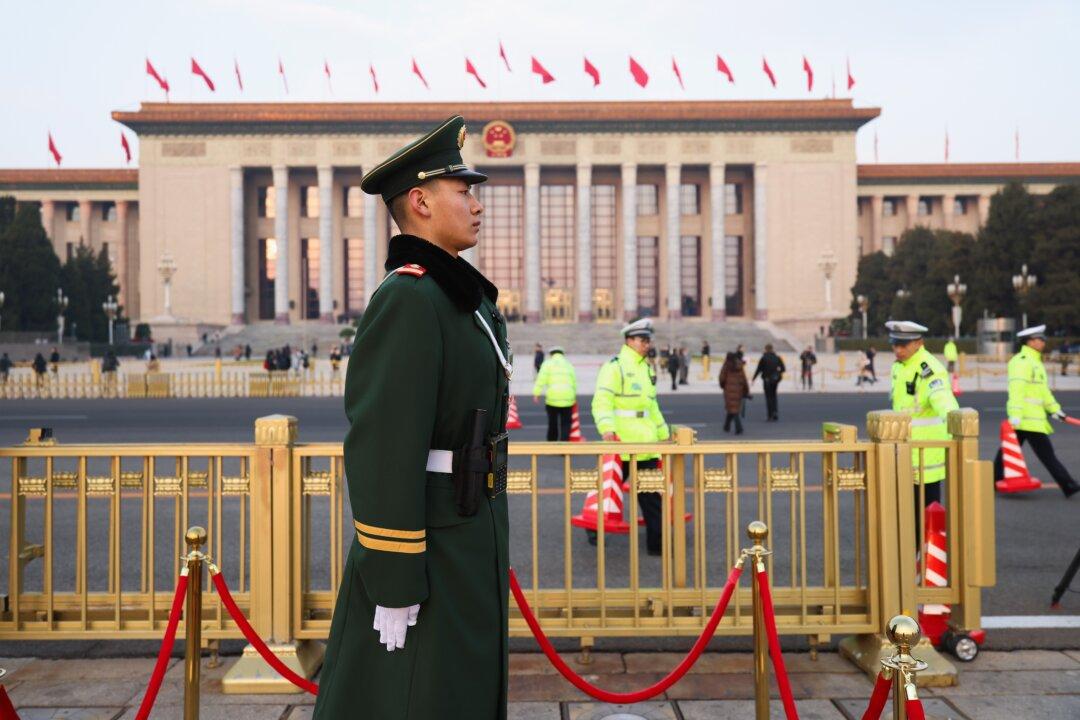Proponents of an effort by the majority of California’s 58 counties to form a new state have set a second constitutional convention of delegates for Oct. 6 in Irvine.
If such a secession effort is successful, as many as 51 counties would split from California. The “New California” entity would have a total population of up to 18 million people, making it the fifth-most-populous state in the nation. The remaining seven counties—Sacramento, San Francisco, Los Angeles, Napa, Marin, Alameda, and San Mateo—with a population of about 22 million, would trail only Texas by population.





